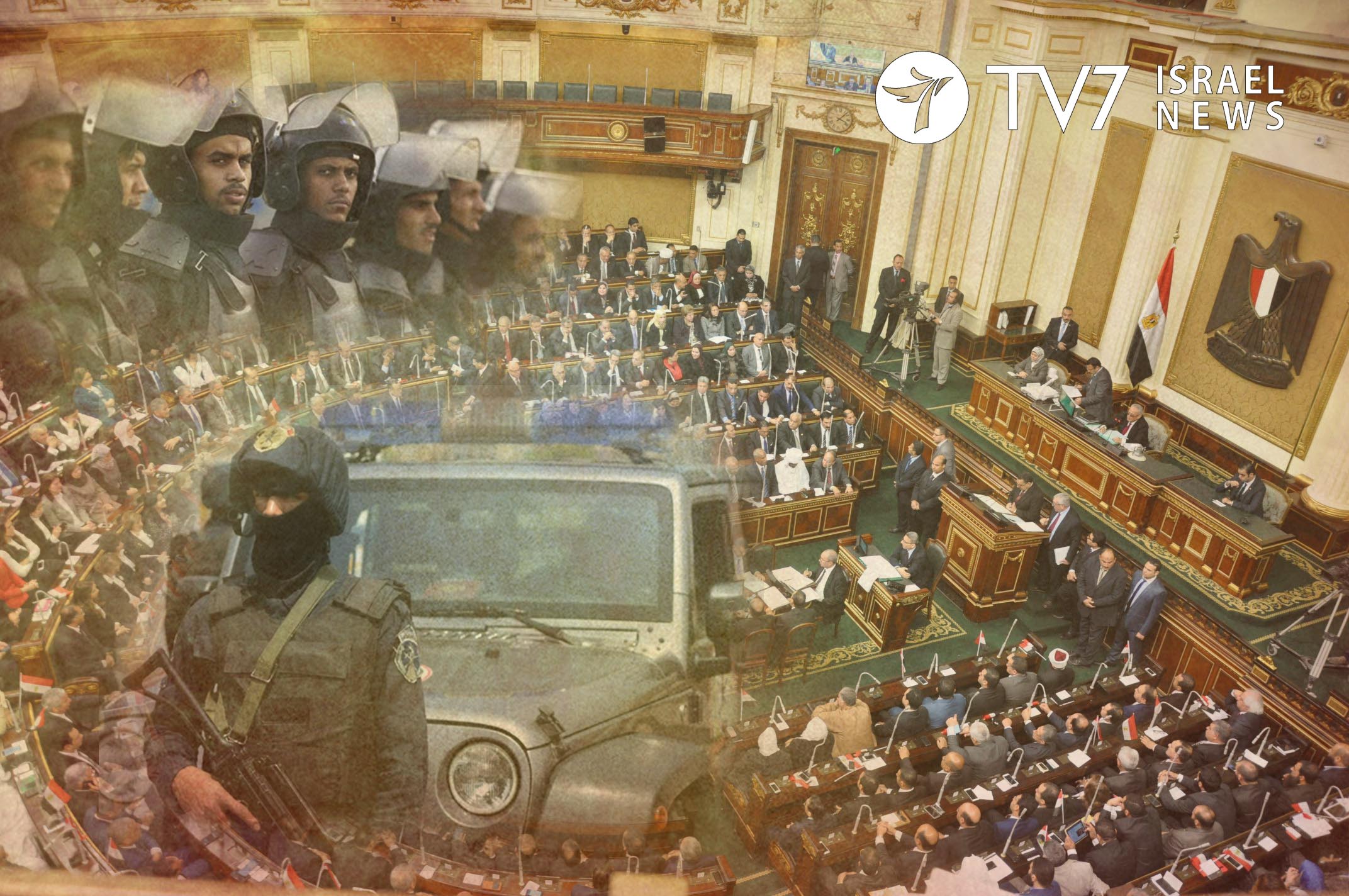Egyptian churches, in the southern city of Minya, announced they will not hold Easter celebrations next Saturday in mourning for their 45 Christian brothers and sisters that were killed on Palm Sunday, this week, in two church bombings by Islamic state terrorists. The churches in Minya provice, which has the highest Christian population in Egypt, announced that the celebrations will only be limited to the liturgical prayers “without any festive manifestations.”
Egypt’s parliament unanimously approved a three-month nationwide state of emergency, which will give the country’s security forces wide-ranging powers, as was declared by President Abdel Fattah al-Sisi who aims to eradicate the intensified efforts by extreme-Muslim groups, including the Islamic State, to target innocent civilians, primarily Egypt’s Christian minority.
“It’s come too late, we should have implemented it before, we shouldn’t have waited till now because we could have stopped all these terrorist attacks and security forces could have acted to prevent what had happened. So, we are in need of it, we support and approve it, and it won’t affect any good person in the country. It was made against terrorism and against terrorist groups here and in Sinai. It will help keeping control and protecting the state, its institutions, and places of worship,” said Ahmed Hussein al-Khashab, Egyptian Parliamentarian.
Leaders of southern member-states of the European Union held meetings in the Spanish capital, Madrid, during which they discussed their united approached to the Syria conflict, as well as the growing effort of Islamist groups in the Middle East to target its Christian minority. In a joint press conference following the meeting, Italian Prime Minister Paolo Gentiloni declared that inter-religious dialogue was the answer to the rise of Muslim attack against Christians, while noting that a visit by Pope Francis to Egypt at the end of the month will focus on fostering greater Catholic-Muslim dialogue.
“I think the response in the inter-religious dialogue, as is solidarity with Egypt, is a fundamental response we have to give to Egypt. This will undoubtedly be one of the missions of the Pope’s visit to Egypt,” said Gentolini
Pope Francis is scheduled to travel to Egypt on the 28th of April, for a two-day visit, during which he is expected to meet President Abdel Fattah al-Sisi, the Grand Imam, who is the most senior Muslim figure in the country, as well as Pope Tawadros the Second, who heads the Egyptian Coptic Orthodox Church.
